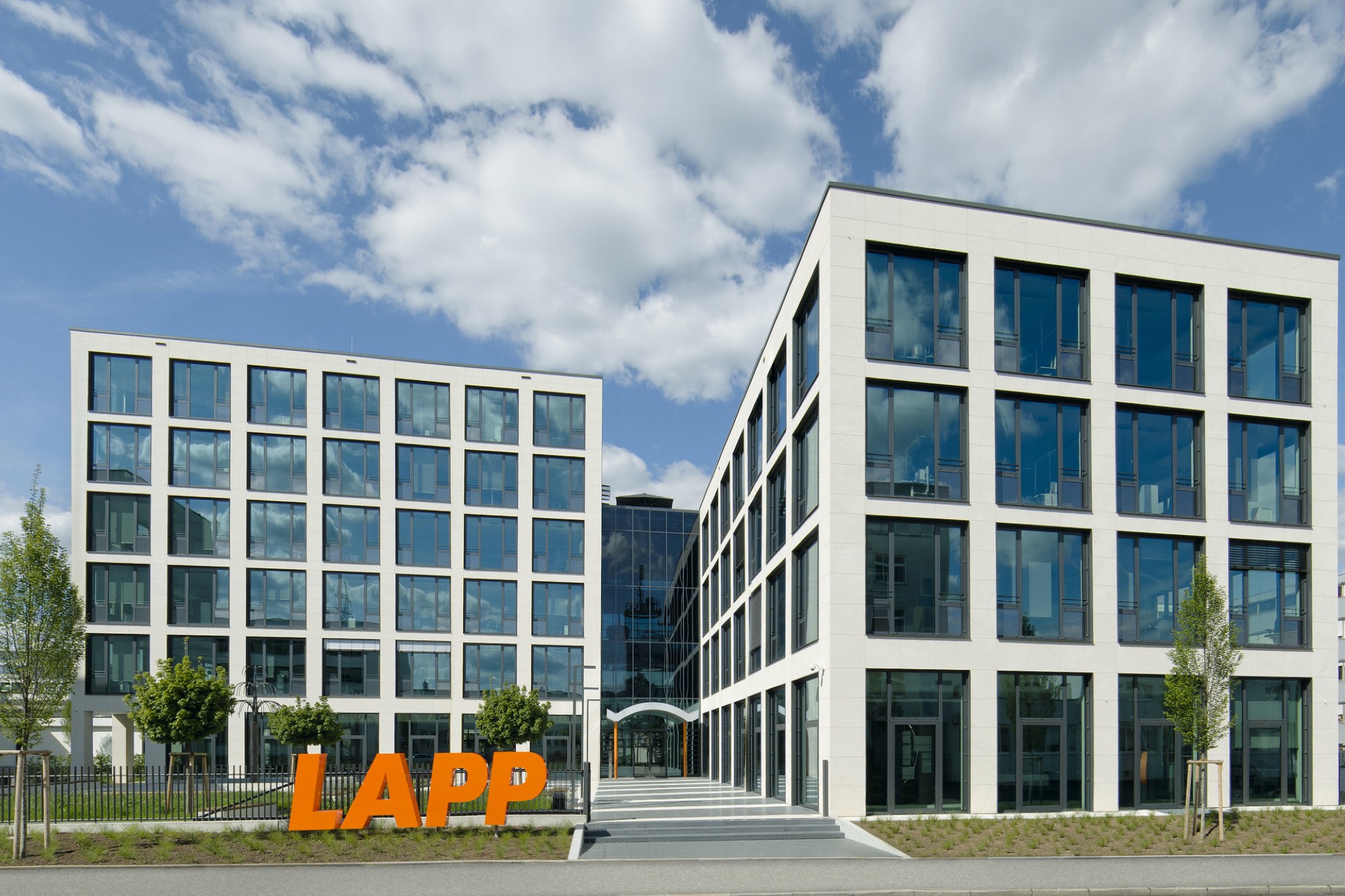Geo-political risk premium to oil prices is expected:ICRA
By admin October 5, 2019 3:11 pm IST
[vc_row][vc_column][vc_column_text]According to drone strike on September 14, on Saudi Arabia’s key oil facilities, also the world’s largest oil processing plant affected about production of 5.7 million barrels of oil per day (mbd). As per an ICRA note, the production affected constitutes about half the kingdom’s exports and 5 per cent of the global supply leading to jump of about $12/barrel in crude oil futures in the seconds after trade opened on Monday (September 16, 2019) which is the biggest intraday advance in absolute dollar terms ever. Besides oil, haven assets such as gold, treasuries surged owing to the uncertainty over the geopolitical fallout of the event.
As to the resumption of production, the Saudi Arabian officials have said that about a third of the oil supply can be brought online by Monday but bringing the entire production back would take weeks. Also, to soothe the markets the US President has ordered oil from the Strategic Petroleum Reserve be used if needed.
According to K. Ravichandran, Senior Vice-President and Group Head, Corporate Ratings, ICRA, “While the oil markets await further updates on the resumption of supplies from Saudi Arabia, the oil markets will nevertheless be nervous as any retaliatory measures by Saudi Arabia and its allies will keep the market on tenterhooks. As a result, oil prices should factor in siseable geo-political risk premium which will be negative for Indian consumers. Nevertheless, this impact is likely to be shortlived as the market will rebalance swiftly once the tensions abate.”
Prashant Vasisht, Vice President and Co-Head, Corporate Ratings, commented “Higher petroleum products prices are expected to modestly impact the demand growth of petroleum products over the near to medium term. Industrial consumers may face pressure on the profitability with rise in input prices of crude derivatives besides possible increase in power and fuel cost. The retails consumers will face increase in inflation driven by higher transportation and logistics cost. Nonetheless, CGD companies will be well placed on the demand front as the price differential between CNG/PNG vs alternate liquid fuels widens giving them better pricing power”[/vc_column_text][/vc_column][/vc_row]Cookie Consent
We use cookies to personalize your experience. By continuing to visit this website you agree to our Terms & Conditions, Privacy Policy and Cookie Policy.


















